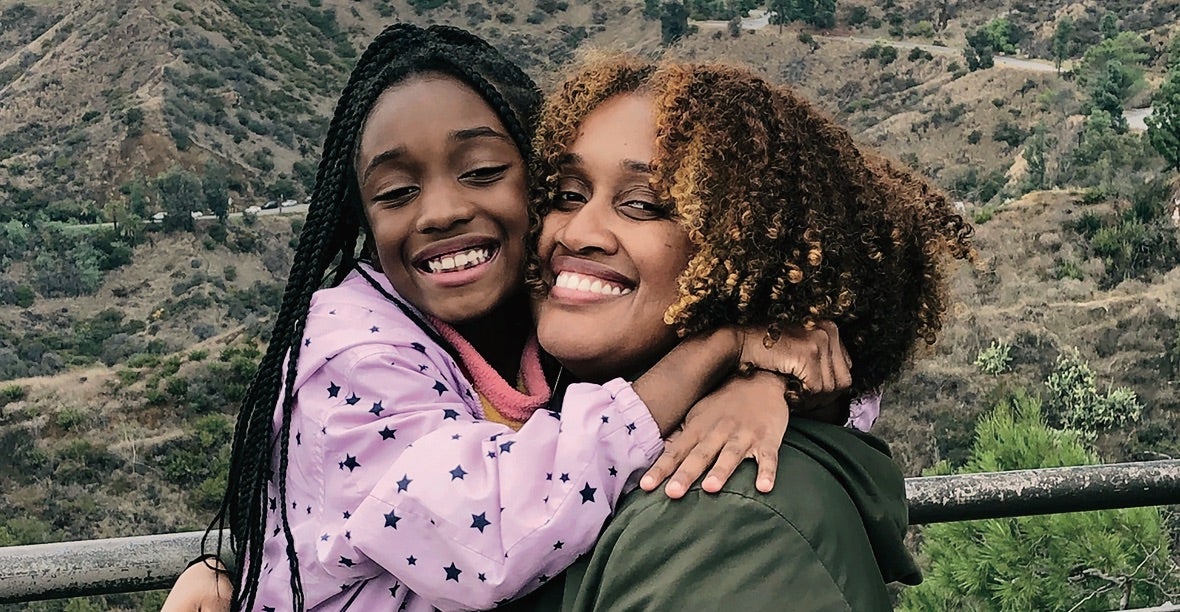Cassandre Charles, 43 , a New York City marketing executive, and her husband, Jermaine, wed in 2007. Like most couples, they assumed getting pregnant would happen when they were ready. Four years into the marriage, they decided to start a family, unaware that the road ahead would be more winding than they had imagined. After eight months of trying to conceive naturally, the couple sought help from a fertility specialist, who delivered some disheartening news: Natural conception wasn’t possible. The silver lining was that they had options.
“I went home and told my husband we could do intrauterine insemination [IUI] or in vitro fertilization [IVF],” Cassandre recalls. “But before you can even think about options, you have to deal with that reality of not being able to conceive. There’s [so much] emotion [attached to that].”
Cassandre and her husband decided to conceive their first child through IUI—a process in which sperm are placed directly into the uterus. Fortunately, the procedure, which is less invasive than IVF, was covered through her insurance. Though the procedure itself lasted about ten minutes, the injections to help ensure viable eggs, daily doctor visits and side effects took a toll on Cassandre physically. She believes the weight of it all would have been eased if she’d been able to talk to other Black women going through the same thing. “At my doctor’s office, I saw mainly White women,” she says. “Infertility is a taboo subject in Black culture, which means that when you’re stressed and going through this and feel like you can’t talk to anyone, it just makes everything so much harder.”
Cassandre got pregnant on her second IUI attempt, but she didn’t feel like she was out of the woods just yet. “When you go through IVF or IUI, you don’t really enjoy your pregnancy, because you’re so paranoid and scared,” she recalls. “You’re anxious to get to the next trimester. Once you’re pregnant, you’re pregnant with so much fear.”

The fear subsided when she gave birth to a daughter, Surianne, now 8 years old. She also let go of the hesitation to share her truth with other women, a decision that inspired her to become a certified doula through Latham Thomas’s Mama Glow Doula Immersion program. She went on to found the This Little Light Doula business. Her goal now is to let other Black women know that they don’t have to keep their infertility problems a secret. “Doctors are so transactional,” Cassandre explains. “They give you the bad news and move on. But we’re human. We just don’t work that way.” It’s why Cassandre advises young working women to invest in family planning now, even if they’re not quite ready to be a mom. “Think about whether you want to freeze your eggs,” she suggests. “When the time comes, it gives you a bit more security.”
This article originally appeared in the March/April issue of ESSENCE, on newsstands now.


